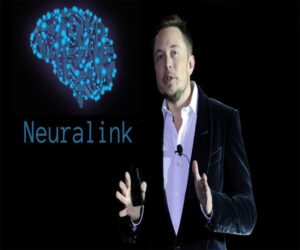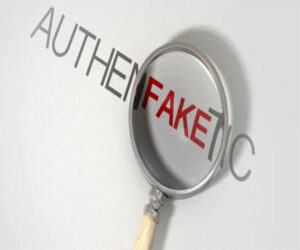AI has seeped into every corner of our lives, transforming everything from healthcare to entertainment. It’s causing a significant shake-up in the creative industry, urging artists to rethink their careers and roles in this evolving world. AI is not just showcasing its capabilities; it’s actively participating in the creative industry. It’s creating beautiful artwork, designing innovative products, composing music and even writing award-winning novels.
Artists’ Struggles in an AI-Driven World
As a seasoned art major and marketing instructor at Texas Christian University, my journey with AI in the creative landscape has been nothing short of transformative. Initially, I held a firm belief in the irreplaceability of human creativity. AI challenged my beliefs about art—a human endeavor defined by emotion, experience and cultural context.
My confidence in the unique power of human imagination in the arts was unshakable. Then came the advent of AI and, with it, a tidal wave of change. The precision and efficiency of AI in creating complex, imaginative works were awe-inspiring and disconcerting. In the beginning, the rise of AI in art felt like an intrusion, a threat to the sanctity of human creativity. I’ve closely observed and reported on the intersections of innovation and various fields. However, the idea of AI intruding into the realm of art, which I always viewed as profoundly personal and inherently human, was initially unsettling.
The struggle of being a starving artist isn’t new. But AI’s takeover of many creative tasks has made this challenge even more daunting. AI-powered tools can produce content much faster and more affordably than humans, making competition fierce for artists. These tools continually improve, potentially leading to further wage decline, fewer job opportunities and increased financial instability.
Creatives now grapple with questions about their place in this new world. If machines can emulate or surpass human creativity, what becomes of an artist’s skills or unique voice? This is particularly troubling for my art and creative marketing students, who have invested time and effort in mastering their craft. They’re questioning the relevance of their education, the value of their skills and future job prospects in an AI-dominated world. The necessity to continuously learn, adapt to new technologies and stay ahead can be a source of stress and burnout.
To thrive in this changing world, artists must be flexible, continuously learn and be open to new experiences. Even in this age of AI, the human touch remains irreplaceable. Artists who blend their unique voices with AI’s capabilities will survive and flourish.
Source : Forbes



